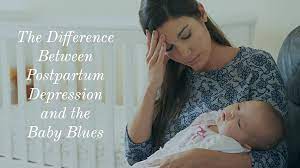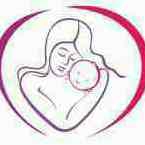+919404395976

This is your website preview.
Currently it only shows your basic business info. Start adding relevant business details such as description, images and products or services to gain your customers attention by using Boost 360 android app / iOS App / web portal.

Postpartum Depression? Although it’s normal to feel moody or fatigued after having a baby, postpartum depression goes well beyond that. Its symptoms are severe and can interfere with your ability to function. Symptoms of postpartum depression vary person to person and even day to day. If you have postpartum depression, chances are you’re familiar with several of these indicators: *You feel sad or cry a lot, even when you don’t know why. *You’re exhausted, but you can’t sleep. *You sleep too much. *You can’t stop eating, or you aren’t interested in food at all. *You have various unexplained aches, pains, or illnesses. *You don’t know why you’re irritable, anxious, or angry. *Your moods change suddenly and without warning. *You feel out of control. *You have difficulty remembering things. *You can’t concentrate or make simple decisions. *You have no interest in things you used to enjoy. *You feel disconnected from your baby and wonder why *you’re not filled with joy like you thought you’d be. *Everything feels overwhelming and hopeless. *You feel worthless and guilty about your feelings. *You feel like you can’t open up to anyone because they’ll think you’re a bad mother or take your baby, so you withdraw. *You want to escape from everyone and everything. *You have intrusive thoughts about harming yourself or your baby. *Your friends and family may notice that you’re withdrawing from them and from social activities or that you just don’t seem like yourself. Symptoms are most likely to start within a few weeks of delivery. Sometimes, postpartum depression doesn’t surface until months later. Symptoms may let up for a day or two and then return. Without treatment, symptoms may continue to worsen.

 +919404395976
+919404395976